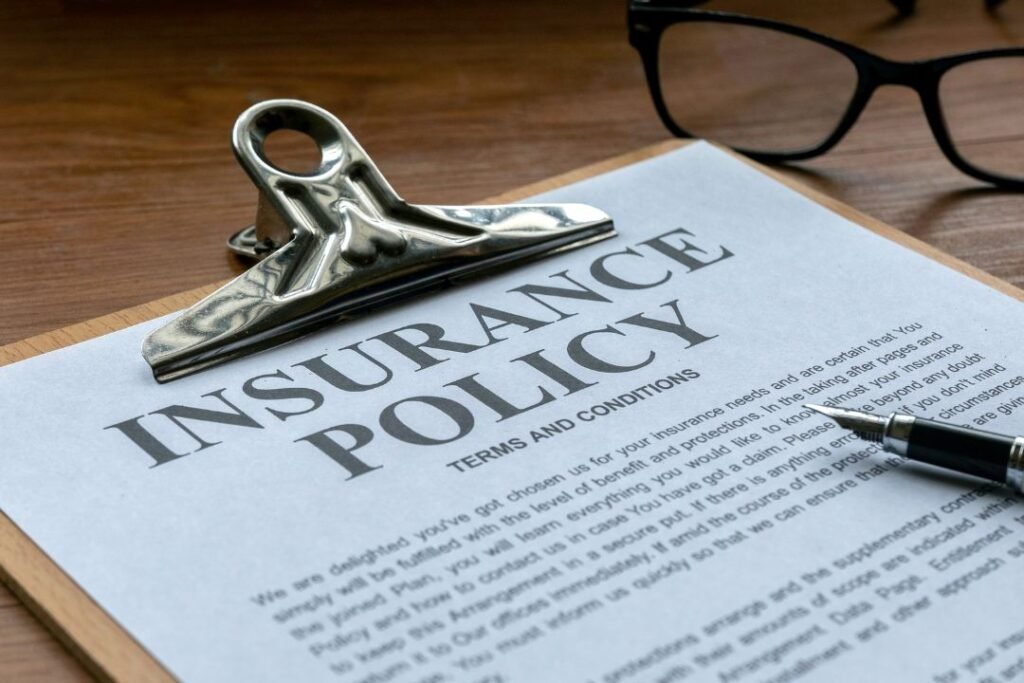In today’s uncertain world, prepping has become a popular movement, driven by the desire to be prepared for emergencies and potential societal disruptions.
However, prepping isn’t just about stocking up on supplies and learning survival skills; it’s also about understanding the legal and regulatory frameworks that govern such activities.
This blog post delves into the myriads of legal and regulatory challenges in prepping, elucidating their rights and responsibilities to ensure compliance and safety.
Table of Contents
Understanding Prepping
Prepping involves preparing for various emergencies, from natural disasters to economic collapses.
It includes stockpiling food, water, and medical supplies, as well as having plans for shelter and self-defense.
Prepping aims to increase self-reliance and ensure survival in situations where normal services and resources are unavailable.
Importance of Prepping
Prepping is crucial for mitigating risks associated with unexpected events.
It ensures that individuals and families are equipped to handle crises, thereby reducing dependency on governmental assistance and increasing resilience.
The importance of prepping is underscored by recent global events, such as natural disasters, pandemics, and economic instabilities, which highlight the need for preparedness.
Legal and Regulatory Challenges in Prepping

Federal Regulations
Preppers must navigate a complex landscape of federal regulations designed to maintain order and safety.
These regulations can impact various aspects of prepping, including food storage, firearms ownership, and environmental protections.
State and Local Laws
State and local laws often vary significantly and can affect prepping activities.
It’s essential to understand these laws to ensure compliance and avoid legal repercussions.
This includes regulations on land use, building codes, and water rights.
Permits and Licenses
Certain prepping activities may require permits or licenses.
This can include building shelters, installing renewable energy systems, or storing large quantities of fuel.
Ensuring that you have the necessary permissions can prevent legal issues and fines.
Land Use and Zoning
Zoning laws dictate what can be done on a piece of land.
For preppers, this can affect the construction of shelters, the establishment of gardens or farms, and the storage of supplies.
Understanding these laws helps in planning and avoiding violations.
Building and Safety Codes
Building codes are in place to ensure structures are safe and habitable.
These codes can affect the construction of bunkers, shelters, and other prepping infrastructure.
Compliance with these codes is crucial for safety and legality.
Water Rights and Restrictions
Water is a critical resource for preppers, but its use is regulated.
Water rights and restrictions vary by location and can impact the collection and storage of water.
It’s important to be aware of these regulations to ensure a reliable water supply.
Food Storage Regulations
Storing large quantities of food is a common prepping activity, but it is subject to regulations to prevent health hazards.
Understanding these regulations can help preppers store food safely and legally.
Firearms and Weapons Laws
Firearms are often part of a prepping plan for self-defense, but they are heavily regulated.
Laws vary by state and locality and include restrictions on ownership, storage, and usage.
Compliance with these laws is essential for legal and safe firearm ownership.
Transportation and Fuel Storage
The ability to transport supplies and store fuel is vital for preppers.
However, there are regulations governing the storage and transportation of fuel to ensure safety and prevent environmental harm.
Medical Supplies and Pharmaceuticals
Access to medical supplies and pharmaceuticals can be life-saving in an emergency.
However, their procurement and storage are regulated to prevent misuse and ensure safety.
Understanding these regulations helps preppers maintain a legal stockpile.
Communication Devices and Frequencies
Communication is key during an emergency, but the use of certain devices and frequencies is regulated.
Preppers need to be aware of these regulations to ensure they can legally and effectively communicate during crises.
Emergency Power Regulations
Having a reliable power source is crucial for preppers, but there are regulations governing the installation and use of emergency power systems like generators and solar panels.
Compliance ensures safety and avoids legal issues.
Environmental Regulations
Prepping activities can impact the environment, and there are regulations to mitigate these effects.
This includes laws on waste disposal, land use, and resource extraction.
Understanding these regulations helps preppers minimize their environmental footprint.
Animal and Livestock Laws
Raising animals can be part of a prepping plan, but it is subject to various laws concerning animal welfare, zoning, and health regulations.
Compliance ensures the ethical and legal treatment of animals.
Privacy and Surveillance
Preppers value privacy, but they must navigate laws concerning surveillance and data protection.
Understanding these laws helps preppers protect their privacy while complying with legal requirements.
Insurance and Liability

Prepping involves risks, and having the right insurance can provide protection.
Understanding the types of insurance available and the legal implications of prepping activities helps mitigate liability.
Legal and Regulatory Challenges in Prepping Scenarios
Prepping for Natural Disasters
Natural disasters are a common reason for prepping.
Understanding the specific legal and regulatory frameworks for disaster preparedness ensures compliance and enhances safety.
Prepping for Economic Collapse
Economic instability can lead to societal disruptions.
Prepping for such events involves understanding the legal implications of financial preparations, such as the storage of cash and valuable assets.
Prepping for Pandemics
Pandemics present unique challenges for preppers.
Knowing the regulations on medical supplies, quarantine measures, and public health guidelines is essential for effective and legal preparation.
Legal Resources for Preppers

Organizations and Associations
Several organizations and associations provide resources and advocacy for preppers.
Joining these groups can offer valuable legal information and support.
Legal Assistance and Counsel
Accessing legal counsel can help preppers navigate complex regulations.
Knowing when and how to seek legal assistance is crucial for compliance and protection.
Online Communities and Forums
Online communities and forums can be valuable sources of information and support for preppers.
Engaging with these communities helps people stay informed about legal and regulatory changes.
Books and Publications
There are numerous books and publications dedicated to prepping and its legal aspects.
These resources provide in-depth information and guidance for legal compliance.
Conclusion
Prepping is a proactive approach to ensuring safety and survival in emergencies, but it comes with legal and regulatory challenges.
Understanding and complying with the relevant laws and regulations is essential for effective and lawful prepping.
By staying informed and seeking legal guidance when necessary, preppers can navigate these challenges and build a robust preparedness plan.
Frequently Asked Questions
What permits do I need for prepping activities?
Permits vary depending on the activity and location. Common permits include those for building structures, installing renewable energy systems, and storing fuel. Check local regulations for specific requirements.
Do I need a permit to collect rainwater?
In some areas, rainwater collection is regulated, and a permit may be required. Regulations vary, so it’s important to check local laws regarding water rights and restrictions.
What are the laws regarding firearms in prepping?
Firearms laws vary significantly by state and locality. They include regulations on ownership, storage, and use. It’s important to comply with all local and federal laws regarding firearms.
How can I legally store large quantities of fuel?
Fuel storage is regulated to ensure safety. This includes guidelines on the type of containers used, storage location, and quantity limits. Check local fire codes and environmental regulations.
Are there legal restrictions on food storage?
Yes, food storage is regulated to prevent health hazards. Regulations vary by location but generally include guidelines on the type and amount of food that can be stored.
How can I ensure my prepping activities are environmentally compliant?
Understand and comply with environmental regulations related to land use, waste disposal, and resource extraction. This helps minimize the environmental impact of prepping activities.

